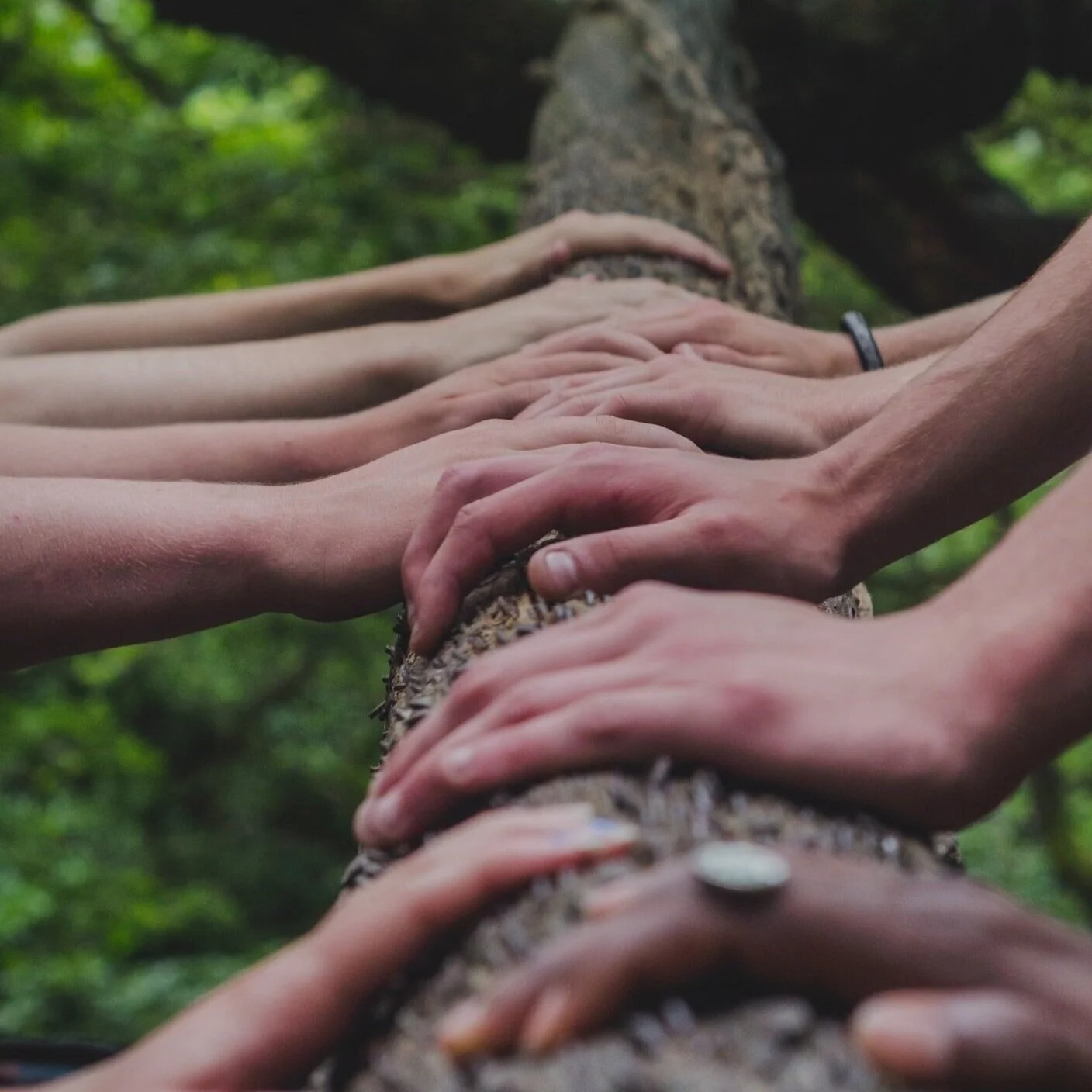The lack of public acknowledgement of sexual violence against women and children during the first month of UK lockdown could have long-term implications not only for individuals but for the services put in place to support them, a group of UK experts have argued in an article published by the Journal of Gender-Based Violence.
Read MoreOver half of the people in Australian prisons have been incarcerated before, which means that interventions to help people stay out of prisons are crucial. If people find employment after they are released, they are less likely to return to prison. Here Dr Caroline Doyle, Dr Sophie Yates, Professor Lorana Bartels, Dr Helen Taylor and Associate Professor Anthony Hopkins discuss their research into the employment experiences of people released from prison in the ACT.
Read MoreIn the wake of anti-poverty week Joey King, a community services professional and student living with mental illness, details the systemic pressures that keep her ‘dirt poor’ and homeless.
Read MoreNew research shows households with young children are feeling the highest level of stress as a result of the COVID-19 pandemic. This is highest for families in communities that experience moderate levels of poverty. Professor Abigail Payne from the University of Melbourne discusses what needs to happen to ensure families are not left behind as we look ahead to the COVID-19 economic recovery.
Read Moren today’s blog post Robyn Oxley from the University of Western Sydney discusses ways to look beyond punishment as a way to address crime, with a specific focus on Aboriginal and/or Torres Strait Islander people. She argues that defunding police and abolishing prisons are not radical ideas when funds can then be re-directed towards areas that improve social issues such as housing, health, education and employment, which in turn reduce incarceration rates.
Read MoreEvents such as wild fires, floods, and droughts in all continents remind us of how fragile and vulnerable cities, communities, and wildlife are. In this blog Dr Juan Carlos Fallas Chinchilla examines the role engineering innovation has in relation to alleviating climate change; and debate the need for new technology alongside other policy instruments and how these can be complementary in tackling the climate emergency.
Read MoreYoung people with lived experience of self-harm or suicidal behaviour should be at the forefront of designing, evaluating and implementing suicide prevention research.
Controversial? Unfeasible? Risky?
You name it. As a suicide prevention researcher I have heard it all…by funders, ethics committees, Higher Education Health and Safety committees to name a few.
In this blog, I (Dr Maria Michail) share my experience of working in partnership with young people with lived experience of self-harm and suicidal behaviour to co-design of a guide titled “Visiting your General Practitioner: A guide for young people with lived experience of self-harm and suicidality”.
Read MoreOn the beautifully manicured courts of Wimbledon each summer, the shining image of tennis is on display. Superstars like Serena Williams, Naomi Osaka, Rafael Nadal and Novak Djokovic grace the crowd with their athletic prowess and earn significant financial rewards from the tournament, as well as through sponsorship deals from some of the world’s most recognized brands. However, this illusion contrasts starkly from the lived experience reality of most professional players.
Read MoreIn today’s post, the team at Children’s Ground introduces its Dine for a Difference campaign - an opportunity to gather around a table with friends and family to learn more about the depth of First Nations knowledge and history and the injustices First Nations people face in Australia. Children's Ground is a not-for-profit organisation working to create a different future with First Nations children, families and communities experiencing the greatest levels of disadvantage in Australia, through a family-centred approach.
Read MoreKathleen Herbert reflects on what needs to change so we can convince women to enter parliament.
Read MoreThe Commission for the Human Future (@HumanFutureAU) recently held a groundbreaking webinar on Catastrophic Risk and the Public Good: Toward our Human Future. Hosted by Dr Arnagretta Hunter (@cbr_heartdoc) - a cardiologist and the Human Futures Fellow in the College of Health and Medicine at ANU and chair of the Commission - and featuring Dr Luke Kemp, an expert in catastrophic risk now based at Cambridge, and Dr Millie Rooney from Australia reMADE, the discussion addressed two big themes: threats to humanity and what matters for people in their lives. The conclusions were that community is central to our human future, and that catastrophic risks like climate change, nuclear war and artificial intelligence can be reduced through better democratic representation, through better economics and through a deliberate acknowledgement of the value of caring and importance of community. In today’s post, Dr Hunter explores key lessons from the webinar and explains why the best hope for a better human future lies in concerted effort.
Read MoreFor decades addressing men’s violence against women has been “a women’s issue” and women’s responsibility. Women have established shelters and refuges to provide safety to women and children, women have taken to the streets to march for their safety, women have shared their lived experiences of violence and much more. We rarely hear from men or from children about their experiences of living with and witnessing men’s violence. This deeply personal piece seeks to start to change that.
Read MoreWayne Herbert, disability employment professional and person with disability makes a powerful argument for inclusive education. Segregation in education is indefensible on human rights and outcomes grounds.
Read MoreAustralia’s child protection systems have long failed the families and children it was designed to protect. The structural injustices of the child protection system can be tackled by building institutional justice capital. This must include parental rights, non-violence, respectful relationships and public debate argue Dr Sharynne Hamilton and Dr Sarah Maslen.
Read MoreDespite being 30 years since the Royal Commission into Aboriginal deaths in custody, families continue to lose loved ones. More than 455 Indigenous Australians have lost their lives in police or prison custody since the Royal Commission reported and according to families, the loss of life is higher than what has been reported. In today’s post, Eddie Cubillo, a proud Larrakia, Wadjigan, Central Arrernte man from the Northern Territory and Senior Indigenous Fellow at Melbourne Law School, University of Melbourne, highlights successive government’s failure to act on the Royal Commission’s recommendations and calls for taking real and effective action into Aboriginal deaths in custody.
Read MoreToday's post is from Tina Haywood, an author and proud Aboriginal woman. In her new book, We are Warriors: An Aboriginal Woman's Life, Tina documents lessons from her own life to encourage other women to make brave decisions, and to build broader understanding of the experiences of Aboriginal women and families navigating individual and intergenerational trauma.
Read More



















